News
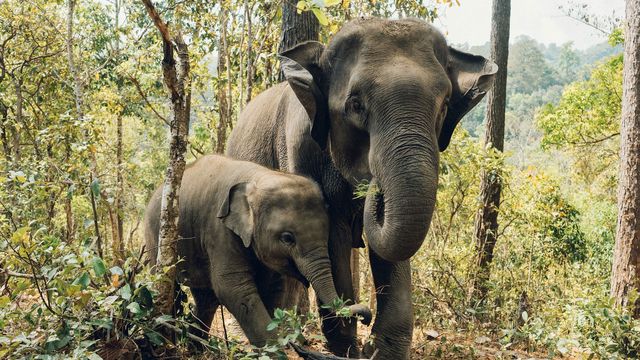
News
Territory Overlap Between Humans and Wildlife Could Rise to 57% by 2070
The overlap between humans and animals will increase substantially across much of the planet in less than 50 years due to human population growth and climate change.

News
First Visualization of Valence Electrons Reveals Fundamental Nature of Chemical Bonds
The distribution of outermost shell electrons, known as valence electrons, of organic molecules was experimentally observed for the first time by a team led by Nagoya University in Japan.

News
Morphable Materials: Researchers Coax Nanoparticles To Reconfigure Themselves
A view into how nanoscale building blocks can rearrange into different organized structures on command is now possible.

News
Almost All of England's National Parks Are Polluted With Pharmaceuticals
New research has revealed widespread contamination of rivers in the parks, with antidepressants, anticonvulsants, antimicrobials, anti-inflammatory substances, lipid regulators and diabetes treatments being detected.
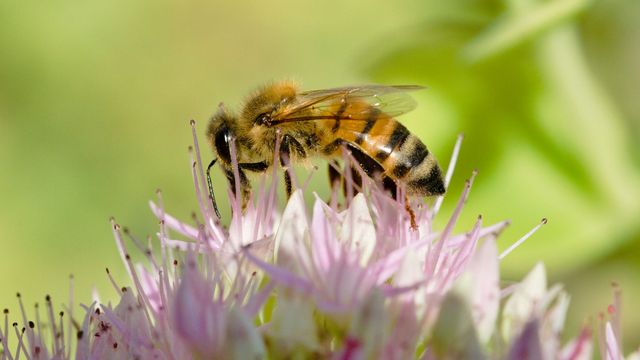
News
Flower Strips Near Farms Benefit Honeybees
Organic farming and flower strips promote the health of honeybees, encouraging stronger colony growth.

News
More Durable Metals for Fusion Power Reactors
MIT engineers have shown that adding nanoparticles of certain ceramics to the metal walls of the vessel containing the reacting plasma inside a nuclear fusion reactor can protect the metal from damage, significantly extending its lifetime.
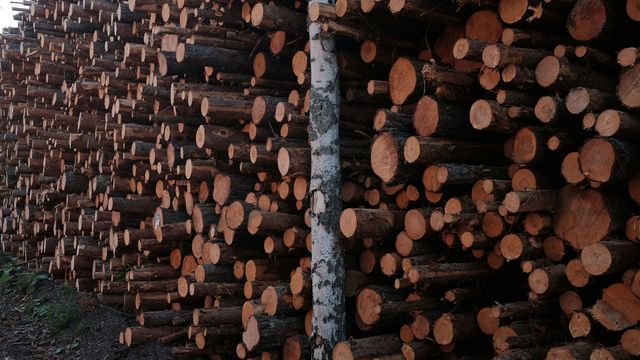
News
Australia's Environmental Laws Are Failing To Slow Deforestation
A new report suggests that Australia's environmental laws are failing to stop high rates of tree clearing.

News
Heart-in-a-Box Reduces Risk of Heart Failure After Transplantation
A University of Gothenburg study shows that hearts stored using the heart-in-a-box technology significantly reduce the risk of early heart failure in transplant patients compared to traditional cold storage methods.
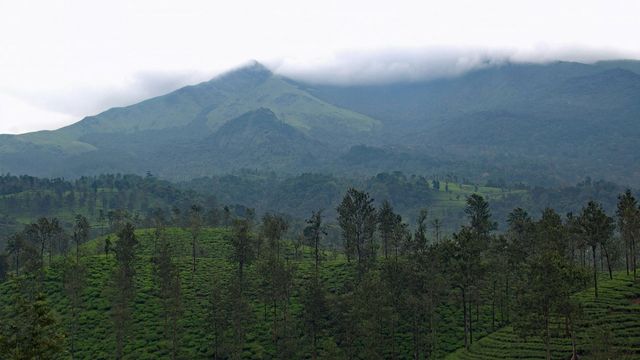
News
Deforestation Raises Cloud Level and Increases Local Temperatures
Loss of Africa's montane forests due to deforestation has raised the cloud level and increased local temperatures.
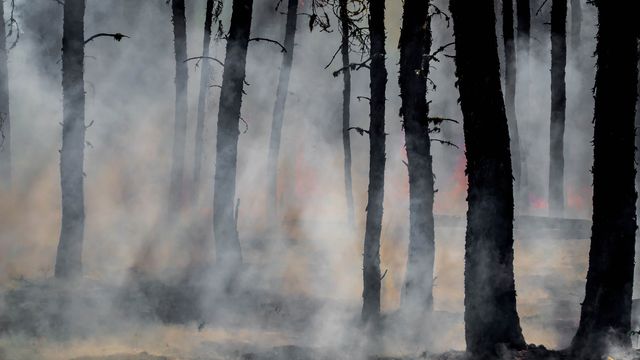
News
Smaller Forest Fires Can Reduce Intensity of Future Blazes
New research reveals that low- and moderate-severity wildfires can reduce the severity of future fires for up to 20 years. The study highlights how such fires improve forest resilience, offering land managers new insights into mitigating wildfire risks.
Advertisement




